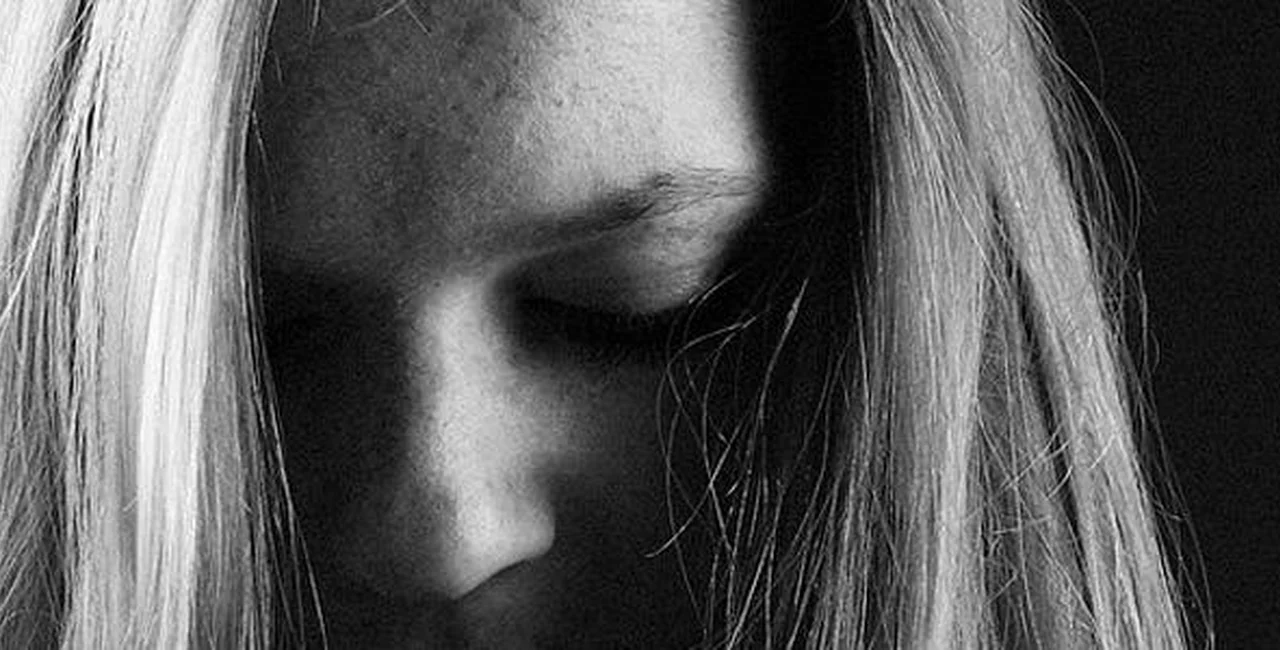According to data released by the Czech Statistical Office yesterday, the European Day of Victims, the number of rapes reported to the police in the Czech Republic rose from 529 in 2008 to 628 last year.
The findings coincide with equally alarming statistics from a 2016 survey conducted by Eurobarometer, asking EU citizens if they agree that non-consensual sexual intercourse is justifiable in certain conditions.
Conditions for rape included if the victim was intoxicated, voluntarily went home with the offender, was wearing revealing clothing, or was not clearly saying no or fighting back.
Across Europe, 25% of respondents felt that rape was justified in one or more of the above situations; in the Czech Republic, the number was considerably higher – 42% of respondents answered that non-consensual sex was sometimes justifiable.

You will find more statistics at Statista
Hana Stelzerová, Director of the Czech Women’s Lobby, cites yet another study highlighting the Czech attitude toward the issue of rape:
“Public opinion research by Amnesty International has [indicated that] a significant part of society thinks that under certain circumstances a woman shares responsibility for her own rape. This perception needs to change.”
Data released by international organisations and EU agencies alike points to a recurring trend: on average, every third woman experiences violence during her lifetime and every tenth is raped; that violence typically occurs at the hands of a partner.
Here in the Czech Republic, a number of local initiatives have been created to draw awareness to what is considered by many an epidemic.
One such program, the Valentine’s Day “Dancing Against Violence” event, was organised by the Czech Women’s Lobby in collaboration with well-known fitness trainer Hanka Kynychová and the Czech Republic Police presidium.
Part of the annual One Billion Rising campaign, it saw a flashmob descend on Palacký Square in Prague to speak out against the daily violence that is silently endured by millions of women and girls worldwide.
The aim of such events is, according to Ivana Antalová, of the Czech Women’s Lobby: “To publicly discuss this sensitive topic. Only then will women who are experiencing violence dare to seek help.”
Project Manager

🌟 Senior Server Engineer (Python) – Join a World-

Lobbyists are also calling on the Czech government to confirm the international agreement on the prevention and prosecution of violence against women and domestic violence (the so-called Istanbul Convention).
The pan-European treaty was approved by the Czech Republic last year.
The adoption of the convention, which will require some changes to Czech legal regulations, could be submitted to parliament for ratification by June 30, 2018.
For foreigners living in Prague who are victims of assault or rape, Bílý kruh bezpečí is an organization that offers support and assistance in dealing with the police; there is also an English-friendly 24/7 rape intervention helpline that is staffed by a private counselor: +420 775 248 363












 Reading time: 2 minutes
Reading time: 2 minutes 


 Italian
Italian
 Swedish
Swedish
 Spanish
Spanish
 Croatian
Croatian
 Slovenian
Slovenian
 Serbian
Serbian

























